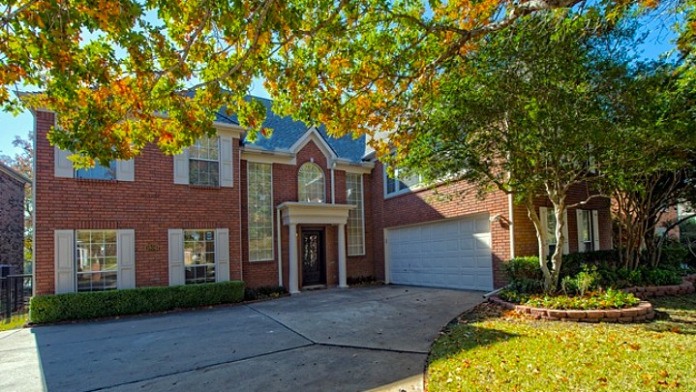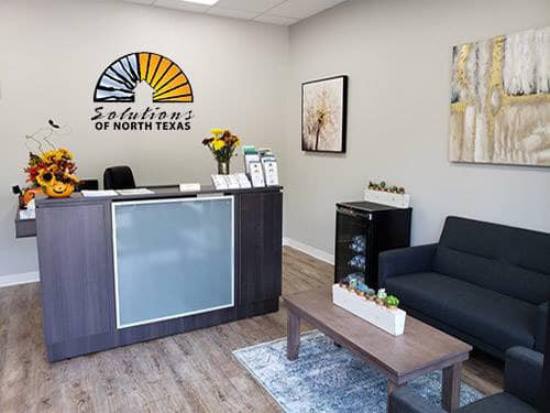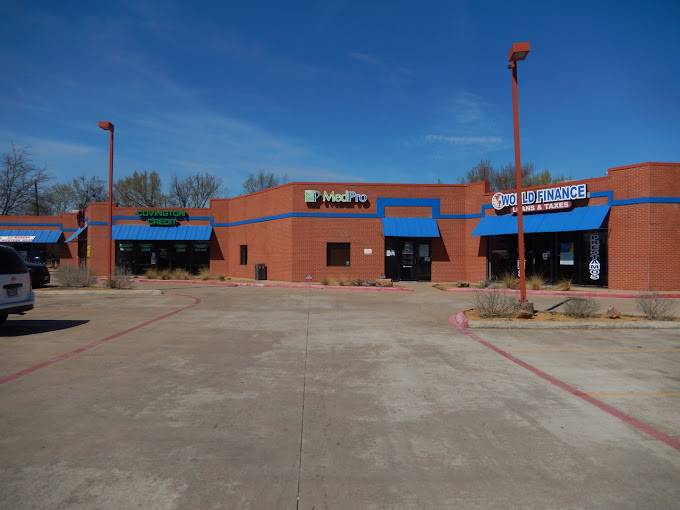About Aspire Recovery Center of Frisco
The Aspire Recovery Center believes that every individual suffering from substance abuse addictions is worth helping. That’s why this accredited rehab center offers four treatment programs in the inpatient and outpatient realms of care. To learn more about these programs and what they offer clients, have a look below:
The men’s residential recovery program at this addiction treatment center deinstitutionalized the recovery experience by providing a balanced environment. Those enrolled in this program will receive separate clinical services and life skills treatment.
Clients will stay at the rehab center in a home-like environment while benefiting from 24/7 supportive staff supervision that helps with recovery and long-term sobriety.
In addition, patients can expect to receive counseling services in individual and group settings by qualified professionals who are well-versed in medication management, case management, and psychiatric evaluations. Moreover, clients enrolled in this program aren’t restricted from using computers, televisions, and mobile phones.
Aspire Recovery Center has achieved the gold standard with its outpatient program (OP). This OP is operational for eight to ten weeks, and it runs weekly group and individual counseling sessions three to five nights a week. During the night sessions, individuals will learn more about chemical dependency, process groups, and relapse prevention.
Additionally, this rehab center provides an in-house developed curriculum and workbooks to help clients achieve recovery and maintain it. Those enrolled in this program should also expect regular alcohol and drug testing, family therapy, trauma therapy, case management, and occasional outings.
Those seeking a more intensive level of care that doesn’t require an inpatient presence can enrol in the partial hospitalization program (PHP) offered at this addiction treatment center. This PHP operates during the evenings five times weekly. Individuals must attend the nighttime sessions that focus on providing various therapy modalities or hours at a time.
The intensive outpatient program (OP) offered by this rehab center provides treatment three days a week to those enrolled in the program. Clients will receive group and individual therapy at a more intense level to help them remain sober. However, clients need not stay at the premises for this program.
Latest Reviews
Rehab Score
Gallery
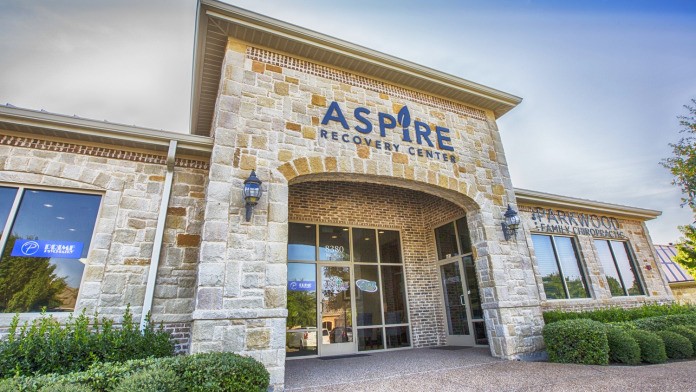
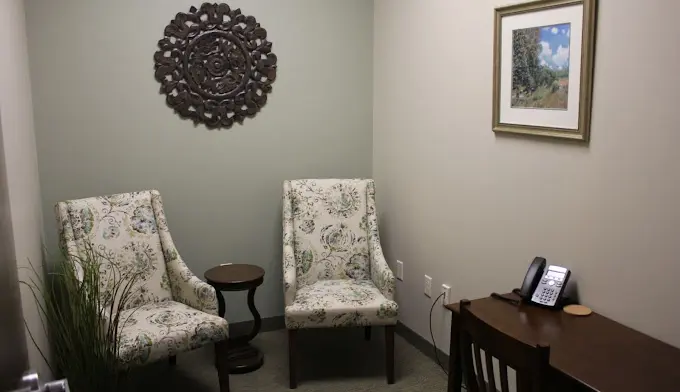

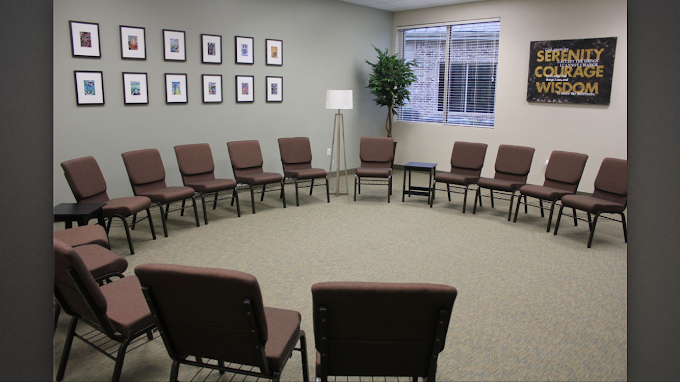
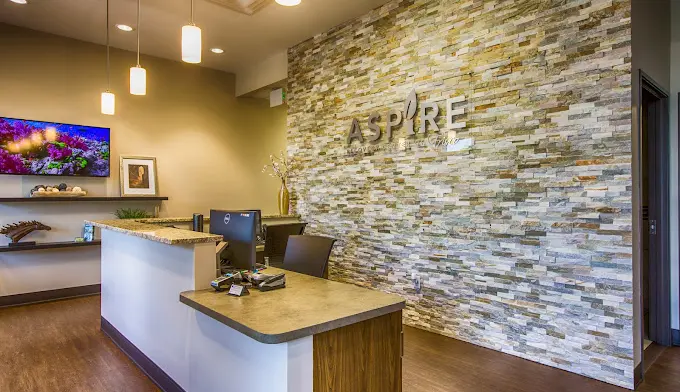
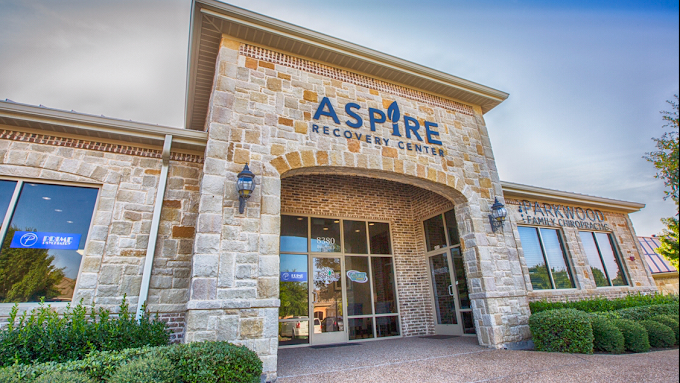
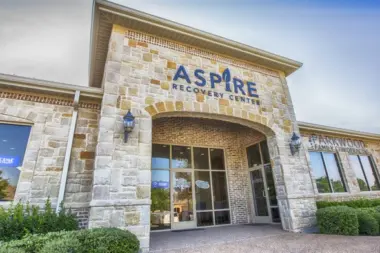
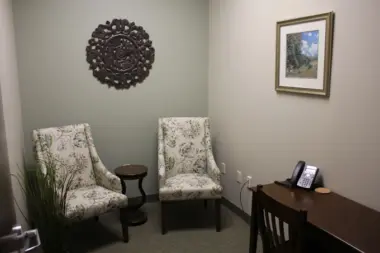

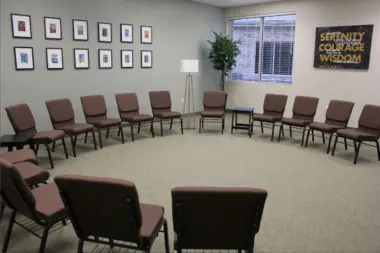
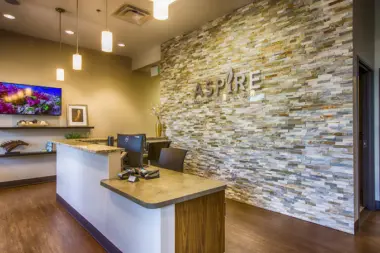
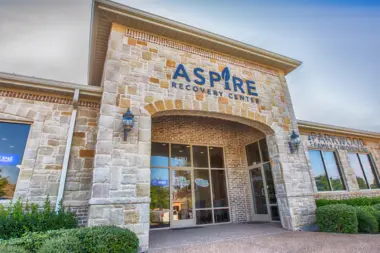
Accepted Insurance
Other Forms of Payment
Private insurance refers to any kind of healthcare coverage that isn't from the state or federal government. This includes individual and family plans offered by an employer or purchased from the Insurance Marketplace. Every plan will have different requirements and out of pocket costs so be sure to get the full details before you start treatment.
Self-pay involves paying for treatment out of your own pocket. You can use savings or credit, get a personal loan, or receive help from family and friends to fund your treatment. If you don't have insurance or your insurance plan doesn't cover a specific program, self-pay can help ensure you still get the care you need.
Financial aid can take many forms. Centers may have grants or scholarships available to clients who meet eligibility requirements. Programs that receive SAMHSA grants may have financial aid available for those who need treatment as well. Grants and scholarships can help you pai for treatment without having to repay.
Addiction Treatments
Levels of Care
Outpatient Treatment provides services that include, but are not limited to, individual, group, and family counseling and education on wellness, recovery, and resiliency. Outpatient Treatment may address a variety of needs, including, but not limited to, situational stressors, family relations, interpersonal relationships, mental health issues, life span issues, psychiatric illnesses, and substance use disorders and other addictive behaviors.
Residential treatment programs are those that offer housing and meals in addition to substance abuse treatment. Rehab facilities that offer residential treatment allow patients to focus solely on recovery, in an environment totally separate from their lives. Some rehab centers specialize in short-term residential treatment (a few days to a week or two), while others solely provide treatment on a long-term basis (several weeks to months). Some offer both, and tailor treatment to the patient's individual requirements.
Intensive Outpatient Treatment is a less intensive level of care that includes treatment 3 days of the week. Like Partial Hospitalization, clients can live at home, and continue to work and go to school while attending treatment in the evenings. Aspire also has Sober Living facilities that work in conjunction with the Intensive Outpatient Treatment level of care if a client is unable to live at home for any reason.
Rehab aftercare programs are based on a model of continuing care and the premise that recovery is a life-long process requiring ongoing client support. Many rehab aftercare services include outpatient care, but clients often continue to receive support after being discharged from formal treatment. Case managers and care teams typically collaborate with clients to design their long-term care plan, which may include peer coaching, career counseling, and 12 step program induction, among other services.
12-step programs are addiction recovery models based on Alcoholics Anonymous (AA). A number of substance abuse programs (including some drug and alcohol rehab centers) use the 12 steps as a basis for treatment. Beginning steps involve admitting powerlessness over the addiction and creating a spiritual basis for recovery. Middle steps including making direct amends to those who've been hurt by the addiction, and the final step is to assist others in addiction recovery in the same way. 12-Step offshoots including Narcotics Anonymous (NA), Cocaine Anonymous (CA), Dual Recovery Anonymous (DRA), Sex and Love Addicts Anonymous (SLAA) and Gamblers Anonymous (GA).
Aspire's Sober Living is more intensive than a traditional sober living home. Residents work in partnership with Aspire's team of Recovery Advocates to develop a personal treatment plan that address the desires, goals, strengths, abilities, needs, health, safety, and life span issues. Sober Living Living is focused on re-integration with home and community through productive independence, dignity, and personal choice. The intensity and structure of Sober Living increases the likelihood of long-term successful sobriety.
Commonly known as "day treatment," a partial hospitalization program (PHP) offers intensive addiction treatment while allowing you to return home each day. It can serve as an alternative to inpatient hospitalization or as a step-down option. Depending on your needs, PHP treatment typically averages 90 days with a weekly requirement of 6-8 hours a day. PHP treatment offers a variety of therapeutic interventions such as individual counseling, group therapy, and psychoeducation. Oftentimes PHP treatment can be fully covered by insurance.
Treatments
The goal of treatment for alcoholism is abstinence. Those with poor social support, poor motivation, or psychiatric disorders tend to relapse within a few years of treatment. For these people, success is measured by longer periods of abstinence, reduced use of alcohol, better health, and improved social functioning. Recovery and Maintenance are usually based on 12 step programs and AA meetings.
During rehab in Texas, you'll deal with underlying issues that contribute to addiction. By addressing these challenges and learning healthy ways to cope with them, you'll develop strategies that help you live a drug-free lifestyle.
Many of those suffering from addiction also suffer from mental or emotional illnesses like schizophrenia, bipolar disorder, depression, or anxiety disorders. Rehab and other substance abuse facilities treating those with a dual diagnosis or co-occurring disorder administer psychiatric treatment to address the person's mental health issue in addition to drug and alcohol rehabilitation.
A combined mental health and substance abuse rehab has the staff and resources available to handle individuals with both mental health and substance abuse issues. It can be challenging to determine where a specific symptom stems from (a mental health issue or an issue related to substance abuse), so mental health and substance abuse professionals are helpful in detangling symptoms and keeping treatment on track.
Opioid rehabs specialize in supporting those recovering from opioid addiction. They treat those suffering from addiction to illegal opioids like heroin, as well as prescription drugs like oxycodone. These centers typically combine both physical as well as mental and emotional support to help stop addiction. Physical support often includes medical detox and subsequent medical support (including medication), and mental support includes in-depth therapy to address the underlying causes of addiction.
Programs
Adult rehab programs include therapies tailored to each client's specific needs, goals, and recovery progress. They are tailored to the specific challenges adult clients may face, including family and work pressures and commitments. From inpatient and residential treatment to various levels of outpatient services, there are many options available. Some facilities also help adults work through co-occurring conditions, like anxiety, that can accompany addiction.
Young adulthood can be an exciting, yet difficult, time of transition. Individuals in their late teens to mid-20s face unique stressors related to school, jobs, families, and social circles, which can lead to a rise in substance use. Rehab centers with dedicated young adult programs will include activities and amenities that cater to this age group, with an emphasis on specialized counseling, peer socialization, and ongoing aftercare.
Clinical Services
Group therapy is any therapeutic work that happens in a group (not one-on-one). There are a number of different group therapy modalities, including support groups, experiential therapy, psycho-education, and more. Group therapy involves treatment as well as processing interaction between group members.
In individual therapy, a patient meets one-on-one with a trained psychologist or counselor. Therapy is a pivotal part of effective substance abuse treatment, as it often covers root causes of addiction, including challenges faced by the patient in their social, family, and work/school life.
Trauma therapy addresses traumatic incidents from a client's past that are likely affecting their present-day experience. Trauma is often one of the primary triggers and potential causes of addiction, and can stem from child sexual abuse, domestic violence, having a parent with a mental illness, losing one or both parents at a young age, teenage or adult sexual assault, or any number of other factors. The purpose of trauma therapy is to allow a patient to process trauma and move through and past it, with the help of trained and compassionate mental health professionals.
Research clearly demonstrates that recovery is far more successful and sustainable when loved ones like family members participate in rehab and substance abuse treatment. Genetic factors may be at play when it comes to drug and alcohol addiction, as well as mental health issues. Family dynamics often play a critical role in addiction triggers, and if properly educated, family members can be a strong source of support when it comes to rehabilitation.
Life skills trainings involve all the skills a person must have in order to function successfully in the world. These include time management, career guidance, money management, and effective communication. Truly successful addiction recovery is based on the ability to not only live substance-free, but to thrive. Life skills teaches the practical necessities of functioning in society, which sets clients up for success in life, and therefore sobriety.
Amenities
-
Private Rooms
Staff & Accreditations
Staff
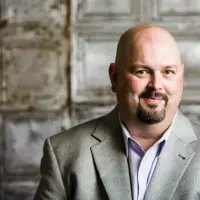
Robin Casey, M.Ed LPC-S LCDC
Executive Director

Erin Casey, LCDC
Admissions Director

Lindsey Roush, M.Ed LPC LCDC
Program Counselor / Trauma Therapist

Emily Hamilton, LMFTA
Family Therapist
Accreditations

The Commission on Accreditation of Rehabilitation Facilities (CARF) is a non-profit organization that specifically accredits rehab organizations. Founded in 1966, CARF's, mission is to help service providers like rehab facilities maintain high standards of care.
CARF Accreditation: Yes
Accreditation Number: 262318
Contact Information
8380 Warren Parkway
Suite 602
Frisco, TX 75034


